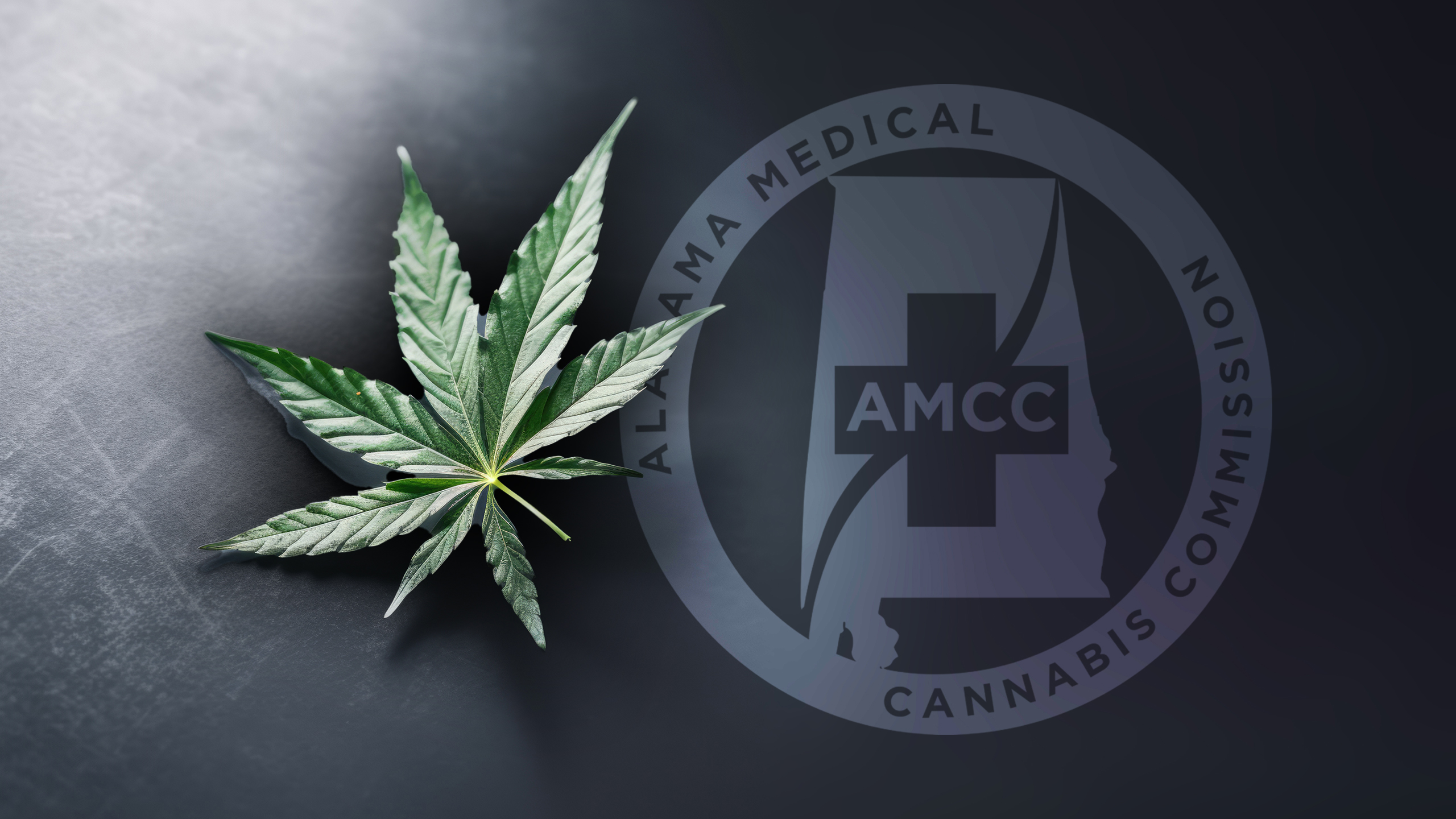|
Getting your Trinity Audio player ready...
|
Not surprisingly, multiple lawsuits are expected to be filed in Montgomery Circuit Court over the next few days, alleging the Alabama Medical Cannabis Commission violated the state’s Open Meetings Act last week during its hearing to award cannabis licenses.
One of the suits, filed on behalf of Always Alabama and Hornet Medicinals, is seeking a temporary restraining order and preliminary injunction against the commission after it conducted a lengthy executive session during its Aug. 10 meeting.
Many observers have accused the commission of improper use of the open meetings act to obscure the public view of its decision-making process, which has at times been flawed and controversial.
According to an evaluation by the Alabama Bar Association: “Under the OMA, sunshine reigns. Executive sessions are to be the exception rather than the rule.”
The suit cites the commission’s continued “penchant for conducting its business in secret, engaging in, among other things, repeated violations of the OMA,” as Alabama Always stated in its original case in June.
Alabama Always and Hornet Medicinals previously asked Montgomery Circuit Judge James Anderson to preclude the Commission from entering executive session.
During the Aug. 7 hearing, Judge Anderson asked the Commission’s counsel whether it intended to follow the law.
Commission’s counsel: “Yes, Your Honor, we do.”
While Judge Anderson did not forbid the Commission from holding executive sessions as the plaintiffs requested, he did warn that a remedy was available should the Commission stray from the law.
It now appears that a reckoning could be at hand, creating more turmoil for the Commission, plagued by missteps and self-inflicted blunders.
“It is painfully clear now that the Commission continues to believe that it can conduct its business in private and observe the OMA only by violating it,” the suit states.
During its most recent meeting, the Commission retreated into executive session for three and a half hours, where each commissioner nominated their preferred candidate to receive one of the several medical cannabis licenses. After the commissioners selected their preferred candidates, the staff gathered the sealed nominations and tabulated the results behind closed doors.
While addressing the need to go into executive session on Aug 10, AMCC outside counsel William Webster indicated that the commissioners would be discussing the names of individuals, which generated a seemingly skeptical questions from Commissioner Judge Charles Price.
Judge Price: Are you recommending that in the executive session — that we should vote to approve going in the executive session, that we will be discussing individual names of the applicants that have filed for a license?
Webster: Those can be discussed, certainly.
Judge Price: Not can be — will we be discussing those?
During the back and forth, Judge Price appears to be looking for justification from Webster on the need for an executive session.
Finally, Judge Price asks, “But will we be discussing names so we will know how to get around this executive session matter?”
Did the Commission purposefully look for a loophole around the law? Did Webster mislead the Commisioners? These are question that will surely arise in court.
Back in the public session, the commission voted to award licenses based on the so-called nominating process it held in private session. However, during the public session, the only integrated applicants considered for licenses were the top five applicants from the secret balloting.
Webster has tried to distinguish between Nominating and Voting; however, nowhere in Alabama’s openmeeting act is such a distinction recognized.
Even if the argument of whether a nomination and a vote are different under the open meetings act, anonymous votes, or ballots are not permitted in such a situation.
The statute — Ala. Code § 36-25A-5 — states: “All votes on matters before a governmental body…shall be made during the open or public portion of a meeting for which notice has been provided pursuant to this chapter.”
The lawsuit alleges the Commission’s entire scheme to make licensing decisions in executive session makes a mockery of the State’s overriding public policy of open meetings and debate: “It is the policy of this state that the deliberative process of governmental bodies shall be open to the public during meetings.”
The Commission is accused of “at a minimum, engaging in illegal voting, holding illegal deliberations, and utilizing improper parliamentary procedures, all during executive session.”
The plaintiffs believe the court must issue a temporary restraining order to thoroughly vet the process to determine if the licenses were awarded legally.
The suit cites five examples of how the commission violated the Open Meetings Act.
First, the commission members voted during executive session by filling out sealed ballots that affected or determined the outcome of the licensure process, violating Alabama Code § 36-25A-5(b), which expressly prohibits voting during executive session.
Second, Alabama law expressly prohibits votes taken by secret ballot.
Third, even assuming that the OMA permitted nominations by secret ballot, it does not permit such secret balloting or nominations to be done in executive session.
Fourth, the remarks by the commission chair and the commission’s counsel show that the commission intended to discuss impermissible subjects during the executive session.
Fifth, the presence of University of South Alabama personnel in executive session, during which these persons fielded questions from commissioners regarding the scoring process, constituted “deliberation” within the meaning of the OMA and thus violated the provisions of the OMA preventing deliberation during executive session.
Before retiring to the executive session, Webster claimed that it was permissible because the commission was discussing “professional competence,” as cited in the OMA. But the definition of “professional competence” in the Alabama code states that it’s “the ability of an individual to practice a profession within the profession’s acceptable standards of care and responsibility.”
The lawsuit cites the relevant portion of the statute: “professional competence exception does not refer to an individual’s ability to handle the obligations of a licensee of medical cannabis, or to run a business, or to comply with regulatory requirements. Instead, it refers to the ability of a person licensed as a professional (such as a physician, lawyer, or accountant) by an Alabama state licensing board (such as the Alabama State Bar or the Board of Medical Examiners) to perform his or her profession.”
This latest lawsuit against AMCC seeks a temporary injunction as the plaintiffs believe there is “imminent danger of suffering irreparable harm in the form of injury to the public’s interest in having the state’s business conducted in public, interference with its business, damage to its reputation, loss of business opportunities.”
Did the Cannabis Commission get it wrong again? Only a court can now answer that question.

















































